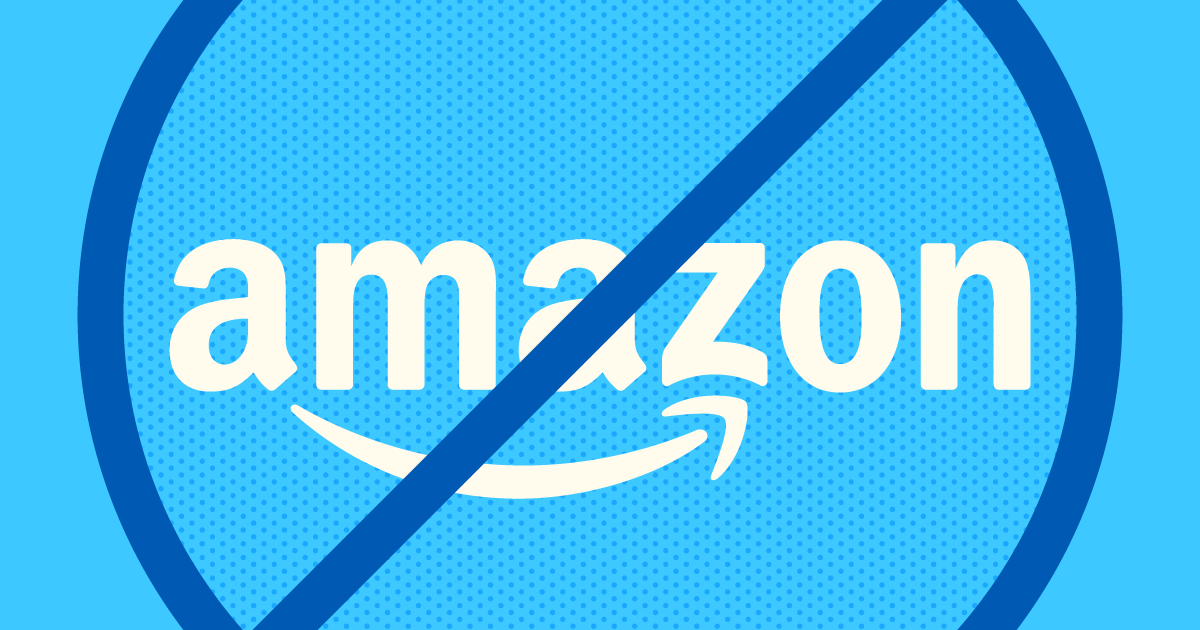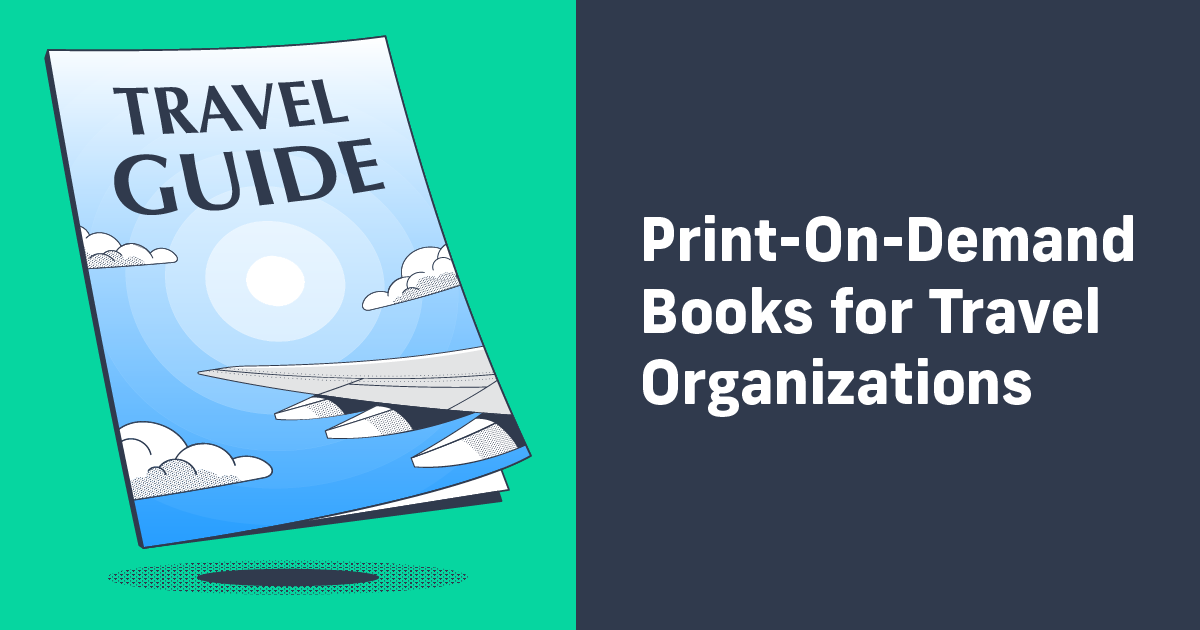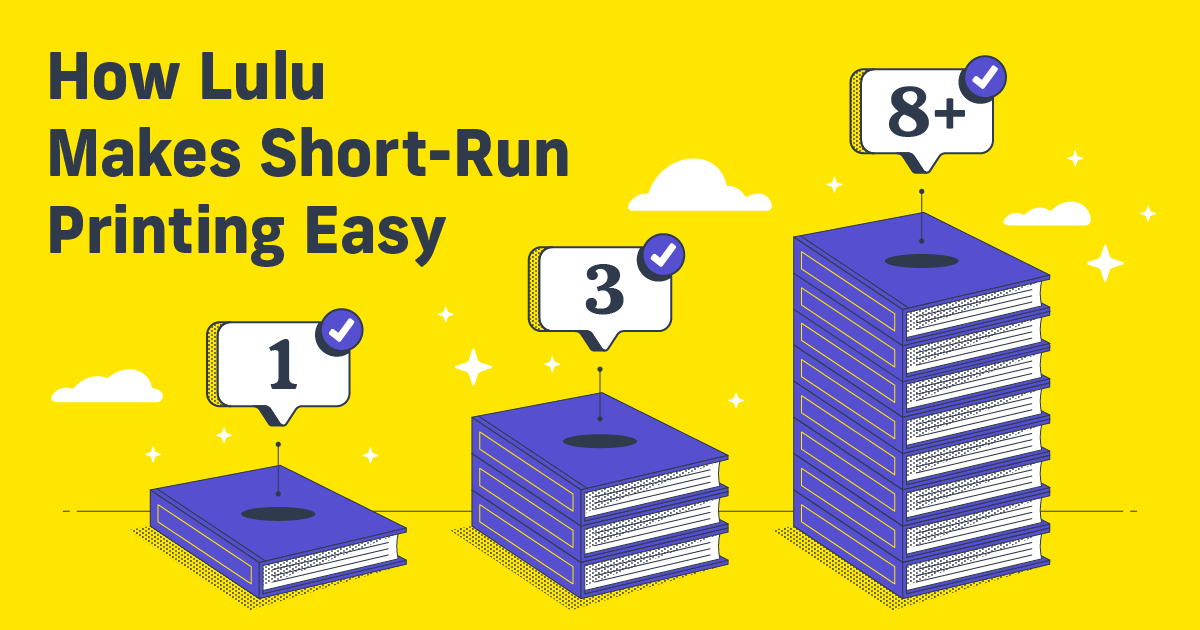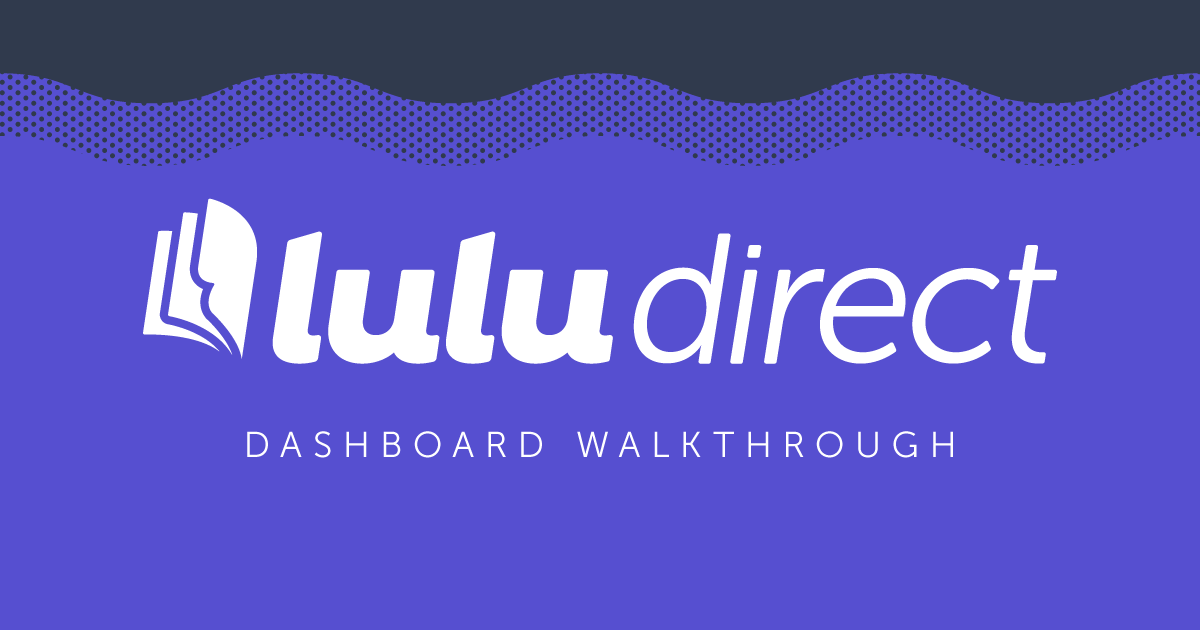Avoiding The Amazon Trap
Let me start this post with an apology. I know the title is a little ‘clickbait-y’ and I’m sorry about that. I’m not here today to trash Amazon or to even try to tell you NOT to use their marketplace. I use Amazon. Like, more than I should probably. And you should use Amazon too. But as self-published authors, we need to understand what, exactly, Amazon is.
Maybe a silly question, but I think we need to clearly define what Amazon is (and is not) before we can talk about the best ways to make use of Amazon.
What Is Amazon.com?
Amazon is a marketplace for ecommerce. Their website and peripheral devices (such as the Echo or Kindle) are designed to help you do one thing: find and purchase products. Amazon facilitates selling products, handles the transfer of funds, and ensures shipping of your products.
There’s one additional layer to Amazon that, as a creator with products to sell (books in this case) you need to be aware of: Amazon Prime.

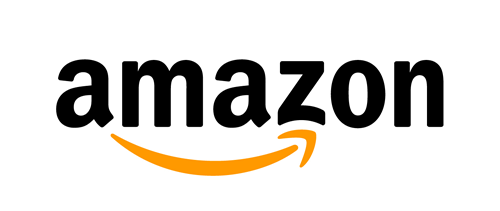
Lulu (or any other self-publishing company) will never try to tell you to forego listing your books on Amazon. Leaving any potential customer with a Prime Membership (over 100 million memberships as of 2018) on the table is a huge mistake. For that reason alone, all authors should be making their books available on Amazon.

Falling Into the Amazon Trap
Here’s a common scenario for a lot of new authors:
You finish your manuscript. It’s great, you’re happy! You do some editing, friends and fellow writers give you notes, and you revise and edit again; in the end, you’ve got a real book ready for publishing.
But you’re not trying to ‘go big’ with your book. You want to publish it and make a little extra money on the side, maybe one day you’ll get noticed and land a publishing deal. For the moment, you know self-publishing is for you.
You do your research. Looking at online retailers, publishing services, and various book marketing schemes. Again and again, Google points you back to a handful of platforms—including Kindle Direct Publishing. You can create a print book and an ebook and list them on Amazon with simple file uploads.
It’s just so easy. So you publish with KDP. You even get a professionally designed book cover from a graphic design friend. The book looks good. An Ebook for immediate download and a print-on-demand paperback. You buy a couple dozen copies to give (or sell) to friends and family.
Everything is awesome: you’ve published your book!
And if that’s what you’re after, Amazon is great. Simple, omnipresent, and you’ll earn a bit for each sale. You don’t ever need to expand beyond your Amazon listing to make some extra income on your books.
That’s the Amazon Trap.
Freedom to Thrive
All companies naturally want to attract and retain customers. A huge part of retaining customers is giving them no reason to consider another company or service to fill their needs. So it makes perfect sense that Amazon does its best to be a one-stop shop. Remember that their goal is to provide you the means to search out and purchase exactly what you need. Getting that product in a day or two is the icing on the cake your Prime Membership bestows.
This natural business drive is what traps some authors. They become so indoctrinated and enamored of their Amazon listing, their sales rank, and their reviews, that they lose sight of the most important thing in marketing. Making connections. Building a network of fans. Of supporters.
There is a distinct and critical line authors cross when they self-publish. If you want to be a financially successful author (as in, you’re publishing not just to share your story, but to earn income from it), you need to also become a successful marketer. Doing so means shifting your focus from creating the content you want to share (your book) to creating content that will attract strangers.
Simply self-publishing your book does not in any way assure sales. A listing on Amazon or any retail site online only means that your book CAN be purchased online. You are responsible for driving readers to that listing.
It is vital to note that Amazon (and all online bookmakers and sellers, Lulu included) is simply a tool for selling your book. When your listing becomes the goal in and of itself, the opportunity to thrive as an author is diminished.
Building off Our Original Scenario
You’ve got your book published and it’s sold pretty well. Better than you expected. A year or so goes by and you have another book ready to publish. But with this one, you want to really get behind the marketing a bit and try to sell even more copies.
What can KDP do to help you with this?
The answer is a cold, hard nothing. And really, why should they? That’s not what they’re about. KDP is an Amazon tool to get your product (a book) on the marketplace.
Okay, ‘nothing’ is way too harsh. Amazon does have a system you can use through your KDP account called Amazon Ads. Similar to the way Facebook Ads work, you can pay to have a promotion for your book appear to Amazon users who fit certain criteria (ideally those who might be interested in your book). Reedsy offers a good breakdown of Amazon Ads. One word of caution reading their article – the case studies use two successful authors as a basis for claiming Amazon Ads drive sales.
Which makes perfect sense. If you’ve got a following and some name recognition, advertising will work better for you. The bottom line here is that Amazon Ads can help. Perhaps more so for an established author than for a novice or new author, but the potential to grow sales through Amazon Ads is there. Still, the impetus is on the author to market themselves, to drive readers to their product.

Your Free Lulu Account
Create a Lulu Account today to print and publish your book for readers all around the world
What Is Success?
What does an author need to do to successfully self-publish? Again, I encourage you to get online and do your research. You’re going to see a lot of advice that includes maintaining an author website, going to author events/signings, and generally just engaging in network building.
As you research marketing strategies, there’s one thing you might begin to notice. Marketing experts (not book marketers specifically) will often speak to the importance of using the right tools and using a variety of tools to achieve your goals. Rarely will a reputable expert tell you there is one and only one tool you should use to effectively market whatever you’re selling. Marketing is the art of finding and using the right tools to achieve the goals you have for your brand and product.
The Amazon trap is thinking you need only Amazon to effectively market and sell your book.

Sell Your Book, Your Way
Sell books on your Wix, Shopify, or WooCommerce website with Lulu Direct.
Or use our Order Import tool for your next book launch.
Diversity Is the Key
If the Amazon trap is thinking you only need Amazon to be a successful author the obvious solution is diversity.
Now is the time to reiterate: you should sell your book on Amazon. If that means publishing through KDP or creating a seller account and selling directly, that’s up to you. Amazon is a resource and you should take advantage of it.
Diversifying means looking for the maximum return for the minimum input. Here’s a Lulu example: Imagine you’ve got your book published on Amazon and you’re ready to release it. You need a couple hundred copies for events and filling pre-orders. If you go to KDP to order, you’ll pay print cost only, which is nice.
Or you could use Lulu to print, enjoy a volume discount, and save a pretty penny on that bulk order. Amazon won’t penalize you for printing your book elsewhere. Lulu doesn’t care that you’re published through KDP. You have multiple needs; you need multiple services to fulfill those needs.
The one consistent characteristic I see among authors who are successfully selling their books is a website to funnel their fans through. With your own destination online, you can direct everyone (from dedicated buyers to anyone just interested) to a central location that you control. They see your blog content; they see your book sales links, they can support you through a Patreon or Kickstarter if that’s what you’re about. The site is 100% YOU.
You would not believe how many author websites I’ve seen that look amazing, that include all the content and more I mentioned above, and then, after all this, link buyers to Amazon.

Using Amazon versus relying on Amazon
Including a link to your Amazon listing I get. But making it your primary sales link? That I don’t get. It defies logic and data (such as this 2017 study indicating that 88% of consumers prefer buying direct).
I think about it like this: imagine you’re an artist and you have your own small store where you have your art hanging on the walls. Someone comes in and looks around and sees one they like. They want to buy your art! So you give them directions to the local Walmart and send them there to purchase it. That’s what happens when you link a buyer to Amazon to shop.
More than that, you lose the opportunity to capture their contact info (for advertising and the like) and you give up a portion of your revenue to Amazon.
As I mentioned earlier, you need to have an Amazon listing. The number of Prime Members alone dictates the need for their marketplace. The trap to avoid is thinking that Amazon is the end all of selling your book.
It’s 2019 and you have an abundance of options. There’s no need to limit your options when it is so easy to diversify.

